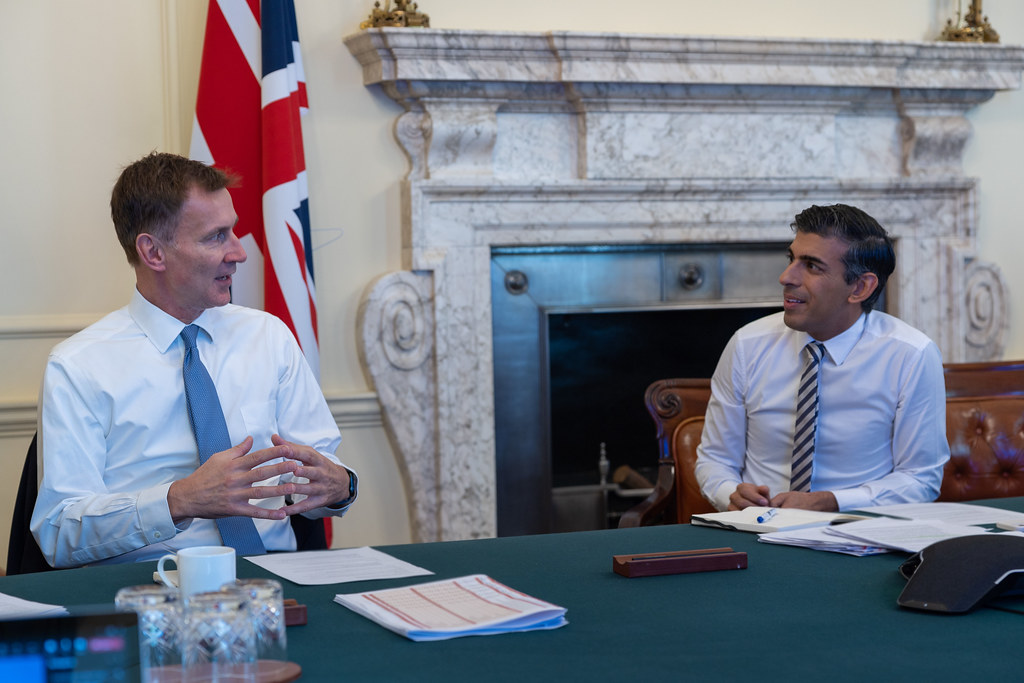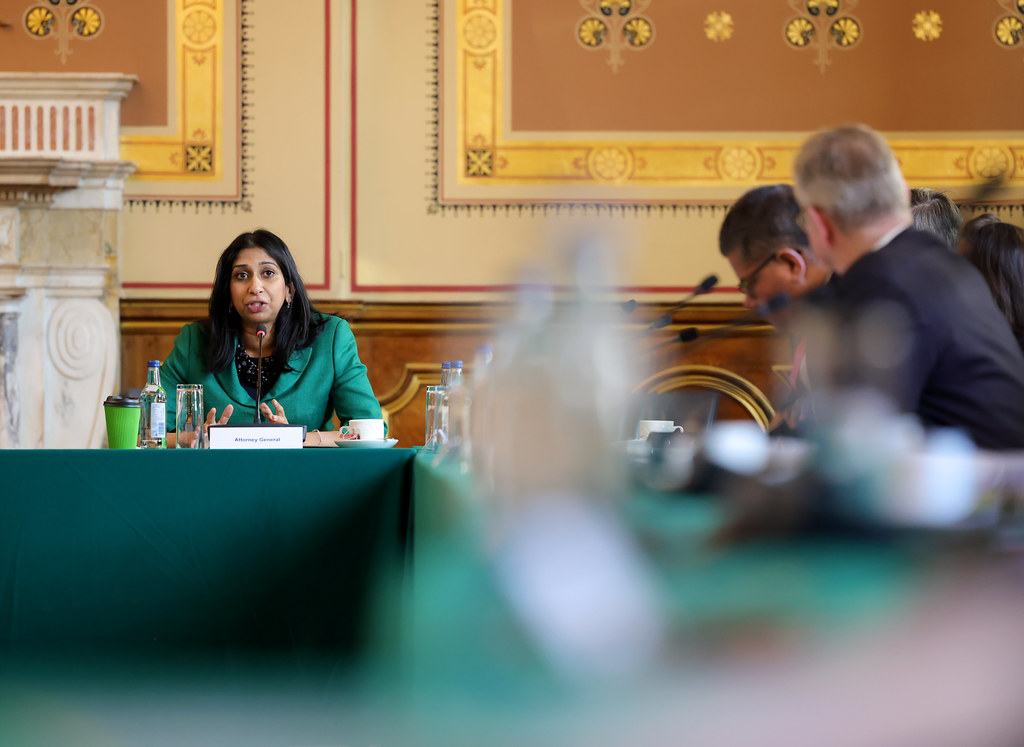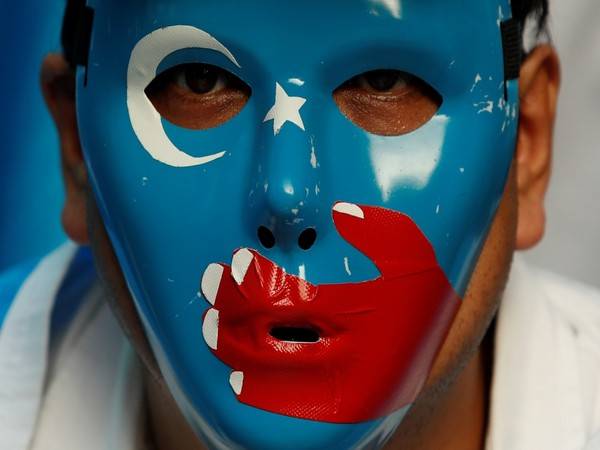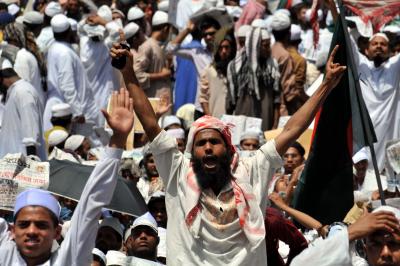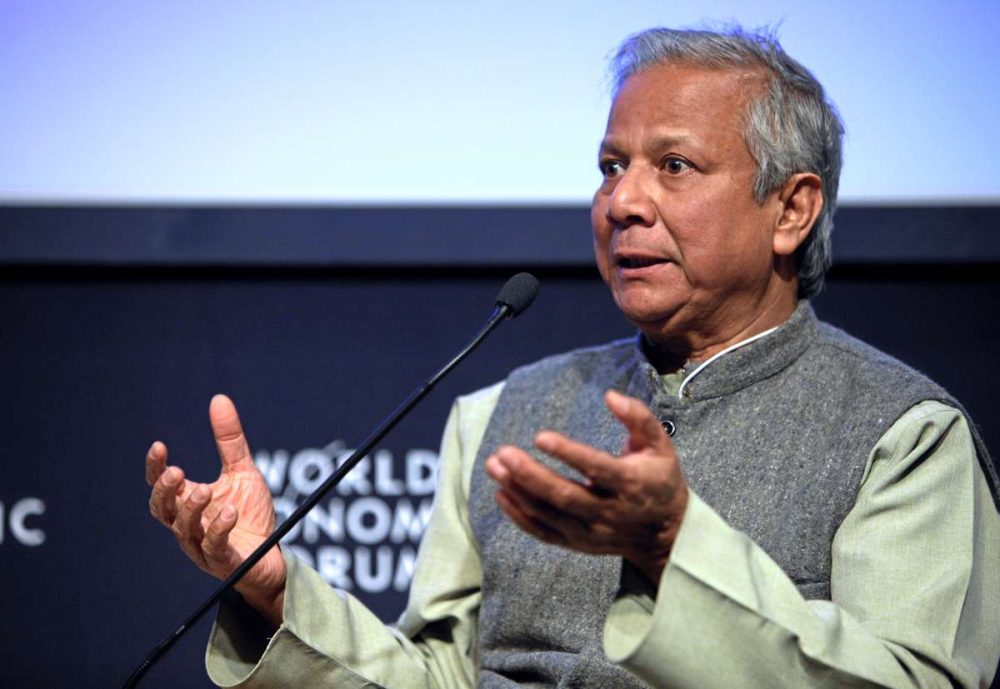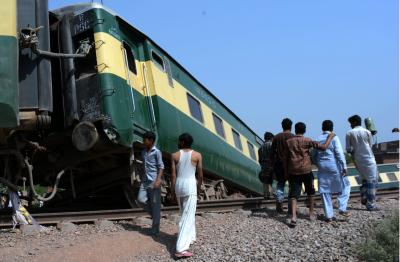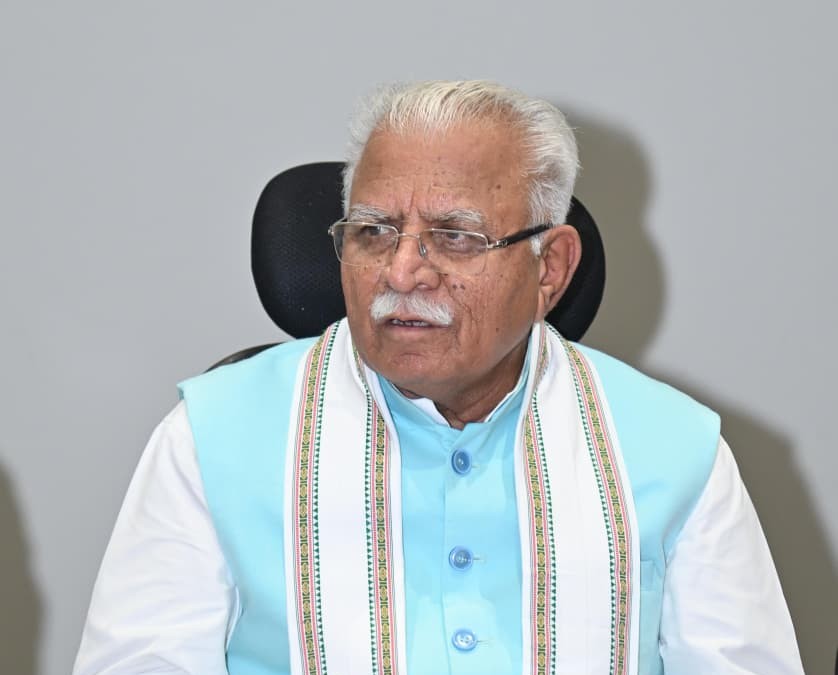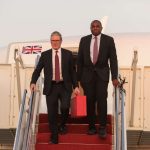Sunak is also said to be considering freezing international aid for two years and cutting investment spending…reports Asian Lite News
Everyone in the country will need to pay more in tax in the coming years to fix a hole in public finances, a source in the finance ministry said on Monday, following a meeting between Prime Minister Rishi Sunak and finance minister Jeremy Hunt.
Hunt is due to present a fiscal statement on Nov. 17 which will be accompanied by the first growth and borrowing forecasts since March from Britain’s Office for Budget Responsibility.
“It is going to be rough. The truth is that everybody will need to contribute more in tax if we are to maintain public services,” a Treasury source said.
“After borrowing hundreds of billions of pounds through COVID-19 and implementing massive energy bills support, we won’t be able to fill the fiscal black hole through spending cuts alone,” the source added.
Sterling fell to a record low against the U.S. dollar and the Bank of England was forced to intervene in the bond market in the days after Hunt’s predecessor Kwasi Kwarteng set out 45 billion pounds of unfunded tax cuts on Sept. 23.
The debacle led to Liz Truss resigning as prime minister and being succeeded by Sunak, who had earlier lost out to her in August’s Conservative Party leadership election, partly because he was less keen to promise immediate tax cuts.
Britain’s economic prospects have dimmed since March due to surging inflation, weaker growth and higher borrowing costs.
Economists estimate the government will still have to find tens of billions of pounds of savings or tax rises over the medium term to keep the public finances on an even keel, even if Truss and Kwarteng’s tax cuts are fully reversed.
A Treasury source did not put a figure on what they called “the fiscal black hole”, but the BBC has previously been told it may need to be at least £50bn.
“It is going to be rough,” the source said. “The truth is that everybody will need to contribute more in tax if we are to maintain public services.”
The source said, given the scale of borrowing for energy bills support and the Covid-19 pandemic, “we won’t be able to fill the fiscal black hole through spending cuts alone”.
The Treasury said: “Given the eyewatering size of the fiscal black hole, the PM and the Chancellor agreed that tough decisions are needed on tax rises, as well as on spending.”
Few concrete details of the government’s plans have emerged, but a Treasury source told the Daily Telegraph that Hunt is planning to fill the budgetary shortfall through a combination of 50% tax rises and 50% cuts to public spending.
While the Treasury said Hunt and Sunak “agreed on the principle that those with the broadest shoulders should be asked to bear the greatest burden,” it warned that “given the enormity of the challenge, it is inevitable that everybody would need to contribute more in tax in the years ahead”.
The government has sought to brace the public for the impending change of direction. As he entered Downing Street last week, Mr Sunak warned the public that a “profound economic challenge” lay ahead in the coming months.
And last month, Hunt said the government would have to take decisions of “eye-watering” difficulty to restore faith in public finances.
The size of the fiscal shortfall has shrunk slightly since Hunt reversed most of the measures introduced by former Prime Minister Liz Truss in her September mini-budget. At the time, the Institute for Fiscal Studies estimated the shortfall could be as much as £62bn.
The government had delayed Hunt’s fiscal statement until 17 November in the hope that the economic outlook would improve.
Despite this, the Office for Budget Responsibility (OBR) could still predict a recession next year, with GDP forecasts cut by up to 4% by the end of 2024.
Other measures reportedly under consideration by the government include ending the pensions triple lock and stopping benefits rising with inflation, moves which could save the government up to £9bn.
But increases to the rates of income tax, National Insurance and VAT are understood to have been ruled out by the pair.
In a new report, the Resolution Foundation think tank predicted that many of the options facing the government would be “unpalatable”, as more people could be pushed into the higher 40% rate of tax in a bid to make up the shortfall.
Sunak is also said to be considering freezing international aid for two years and cutting investment spending.
But analysts have already warned that there remains little scope for further cuts to public spending after years of austerity under Conservative governments.
Such moves could also cause Sunak considerable political headaches. His Defence Secretary Ben Wallace – who is widely popular with Conservative Party activists – has already threatened to resign if defence spending doesn’t rise to 3% of GDP.
ALSO READ-Trump Organization faces criminal tax fraud trial over perks


